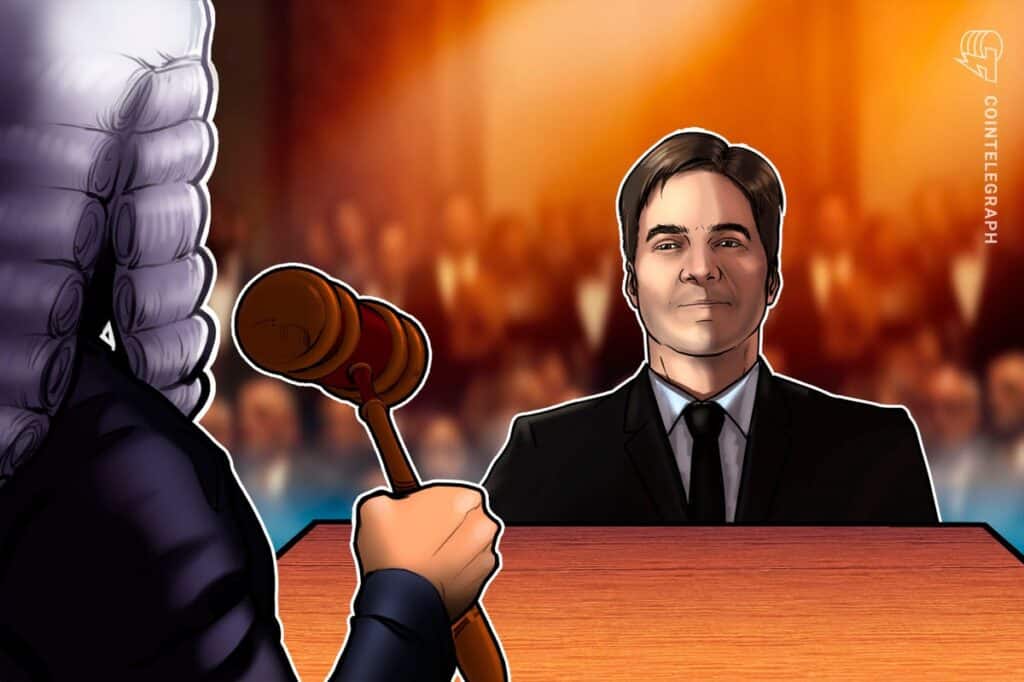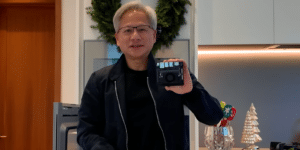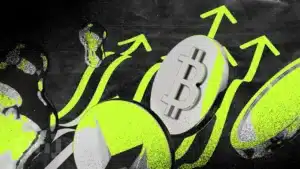Judge orders Craig Wright to pay more than $1 million, admits new evidence on Satoshi’s identity

The legal battle over the identity of Satoshi Nakamoto and the rights to Bitcoin has taken another turn in recent days, with a British judge rescheduling the trial between Craig Wright and Bitcoin Core developers for February 5th.
In the year In 2016, Wright claimed to be the creator of Bitcoin (BTC), Satoshi Nakamoto, and sued 13 Bitcoin Core developers and a group of companies including Blockstream, Coinbase, and Block for copyright infringement of the Bitcoin White Paper, Bitcoin File. Format, and Bitcoin blockchain database. The group is represented in the case by the non-profit Cryptocurrency Open Patent Alliance (COPA).
On December 15, during a pretrial review, Judge Edward James Mellor allowed Wright to submit 97 additional documents to support his claim. The documents were found in two USB drives found in a drawer in the house in September, which contained LaTex files – the open source document preparation system used to prepare the Bitcoin white paper.
Bitcoin developers have accused Wright of fabricating evidence, fabricating metadata and falsifying it, and deliberately prolonging the process. According to them, the new documents came to light after they presented 50 pieces of evidence that proved Wright's previous claims to be false.
Judge Mellor also granted the developers a second protection application, ordering Wright to pay an additional £800,000 (~$1 million) on January 5 when he lost the developers' legal costs at trial. Wright has already put up 100,000 pounds ($127,000) as a security deposit.
In addition, the judge ordered Wright to pay £65,000 ($82,000) to cover COPA's costs of obtaining expert evidence related to autism spectrum disorder (ASD). Wright claimed he had a disability due to ASD and prepared a report detailing the adjustments needed for him at trial, including a list of all the interview questions. In cross-examination, the opposing party asks questions to clarify or disprove the testimony of witnesses.
Wright's claim was contested by the developers, who hired an expert to back up their claim. As a result, Wright can only access the LiveNote screen during testing and write questions on paper.
The Bitcoin code is open source and freely distributed under the Massachusetts Institute of Technology license, which allows users to reuse it for any purpose, including proprietary applications. In the lawsuit, Wright contends that the developers of Bitcoin Core are the “Bitcoin Partnership,” which allegedly controls Bitcoin.
Magazine: Frequent articles — Bitcoin ‘supercomputer' and BTC DeFi coming soon













